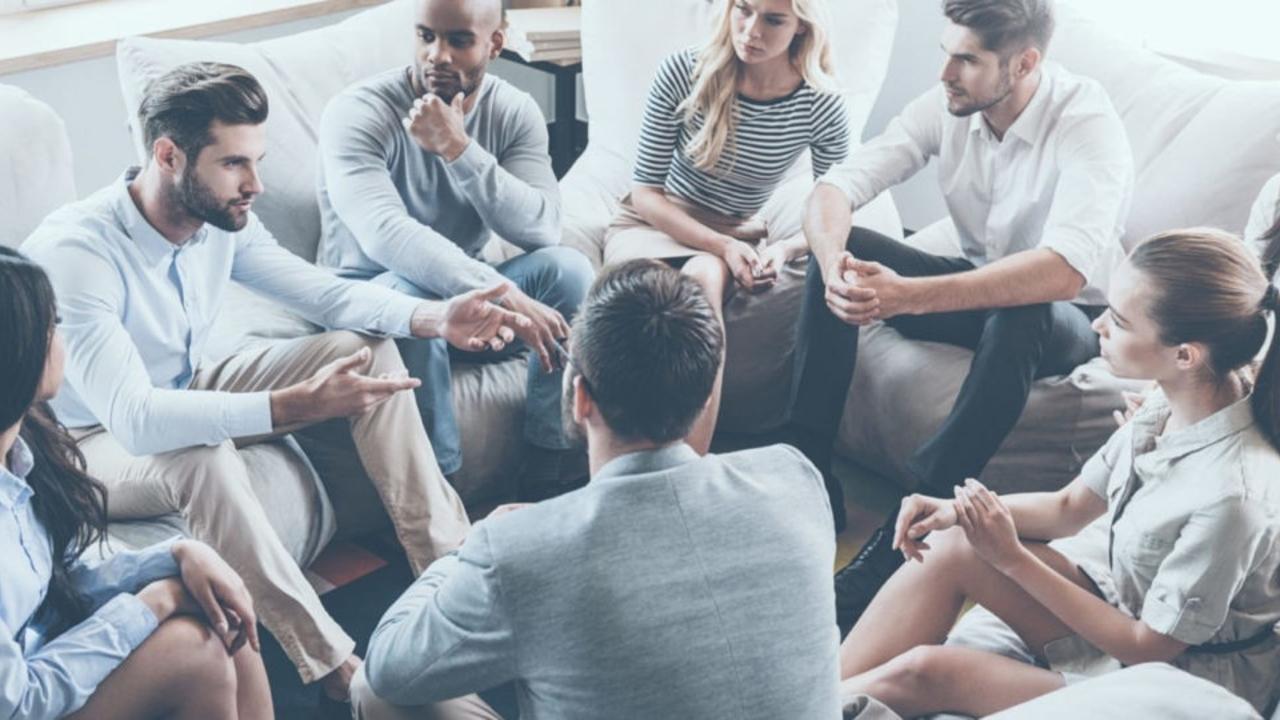Relationships Group - Why It Works

Everyone seems to think that relationships are things that just happen. Not so. Relationships need to be nurtured so they can develop into good relationships, or they become dysfunctional and fail.
Why do relationships fail? We may notice that we seem to continually get into patterns with lovers, friends, and family that don’t serve us or help us to grow. This brings us to a crossroads of deciding what to do next. One option is to decide not to have relationships for awhile and we throw ourselves into other socially acceptable activities such as work and raising a family. The other is to look at and understand these patterns.
We may find that we want to learn different habits in order to make relationships work – or unlearn some of our old habits. To accomplish this, we can examine ourselves in therapy and explore the patterns that existed in our family of origin, and see if we are mimicking some of them. Many people with relationship difficulties discover they have an attachment issue. They only feel comfortable knowing others in certain ways – never getting too close. Others come to realize that to find a healthy relationship in the future, they need to be attracted to people who are different from those they have been attracted to in the past.
What if you were to take some time to analyze what has been successful in your past relationships and what hasn’t worked so well, and to explore how relationships can work better for you? And what if you were to do this in the midst of other people going through similar situations? This would give you a chance to experience having relationships with other people in a group setting – not intimate relationships, but relationships where you learn to talk, plan, and analyze your situations together. You would hear the struggles of others in the group, hear about their challenges and successes. You could have the chance to see how other people see you, and perhaps realize new ways of seeing yourself. Everyone could learn and grow together while supporting each other in a safe environment.
That type of support and understanding is so important. I’m reminded of an incident involving my cell phone carrier, T-Mobile. I had lost all my contacts on my phone, and I called their help line in total distress and anger. The help center representative told me that he really empathized with my frustration, that he could just imagine what that would feel like if it happened to him. Not being able to contact the people in his phone book would be awful. I thought about this conversation that I was having with this representative, and noticed my anger was subsiding. He understood what I was going through; he could empathize! I didn’t have to get more angry at him in order to convince him how upsetting the situation was to me. I felt heard and understood, and my negative feelings started melting away. I felt like he and I were working on a solution together, that he was on my side. I could calm down and be less reactive.
This is often how therapy groups work. When you can feel the empathy of the group and people can describe to you how they have been in similar situations, it helps you to be able to look at your anger and actually feel the feelings behind that anger. It enables you to find other strategies for handling the situation you are in. The support and true empathy you can find in a group setting is very healing!
This is my goal – to help people find a different way to work on themselves and find healing. We all want to be understood and accepted, and that’s hard to do in isolation. Therapy groups give us all an opportunity to explore beyond what we could do by ourselves. If you are feeling like you want your relationship to be different, my hope is that you’ll join this group. Maybe we can find a way of growing together in a group process.
For more information about our groups.

